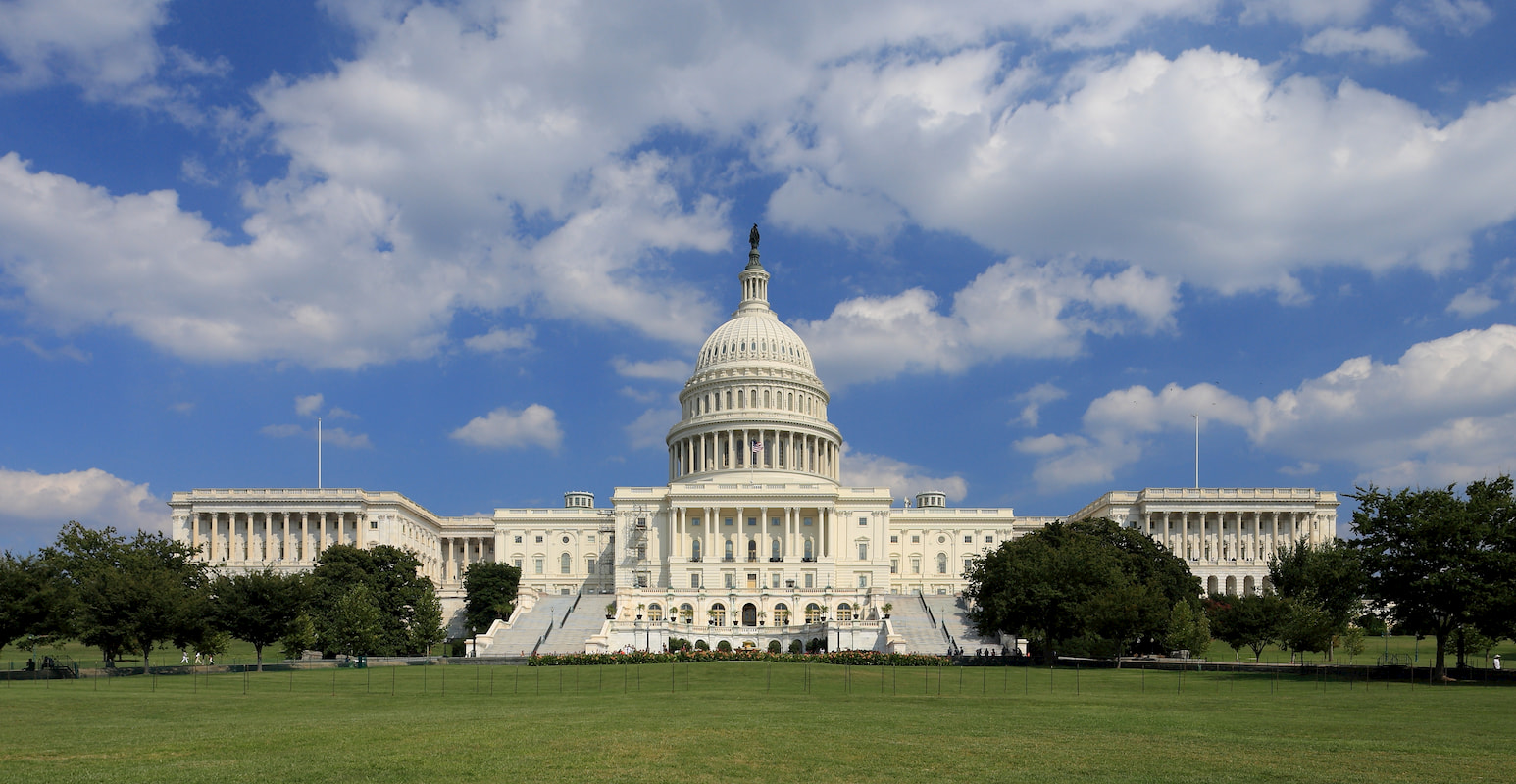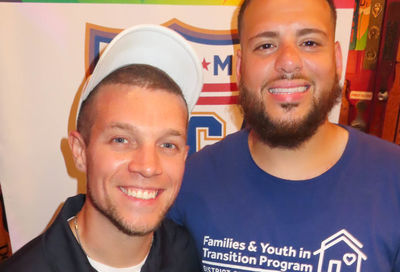Being trans is illegal in only 13 countries, but many more nations use other laws to criminalize trans people
Report documents progress and regression in various countries when it comes to recognizing transgender rights

A recent report on the status of transgender people across the globe finds that only 13 countries explicitly make being transgender a punishable crime, but many more nations use other laws to criminalize trans people.
Last week, the International Lesbian, Gay, Bisexual, Trans and Intersex Association, also known as ILGA World, released the third edition of its Trans Legal Mapping Report, which looks at legal recognition of, and rights granted to, transgender people in 143 United Nations member states, as well as 19 other jurisdictions.
The report found that while 13 U.N. member states — Brunei, the Gambia, Indonesia, Jordan, Kuwait, Lebanon, Malawi, Malaysia, Nigeria, Oman, South Sudan, Tonga, and the United Arab Emirates — criminalize trans people, many other nations effectively criminalize transgenderism through a combination of other laws.
For instance, many African nations, including Kenya, Rwanda, and Tunisia, criminalize “public indecency,” making it punishable by both a fine and substantial prison time. African and Caribbean nations, especially those colonized by the British, often have statutes dating back to Victorian times that criminalize same-sex activity, and those statutes are used against transgender individuals, the report notes.
Still other nations, including Cameroon, Egypt, Armenia, Serbia, and Turkey, criminalize transgender people by prosecuting them under laws prohibiting prostitution or solicitation of sex. In Zambia, Burundi, and Kenya, laws prohibiting impersonation, misrepresentation, or fraud are often used to penalize transgender individuals, based on the idea that their gender identity, or their refusal to adhere to societal norms around gender, are a “misrepresentation” of their true identity, in which the states only recognizes a person’s assigned sex at birth.
In Iran, transgender people can only legally change their gender if they undergo gender confirmation surgery and agree to be sterilized. But the law is vague about how gender-nonconforming people are treated, and those deemed men who wear makeup or exhibit stereotypically female traits can be punished, as can transgender men who refuse to don religious head coverings. As a result, the law — and the inconsistency with which it is applied — can lead to the same degree of uncertainty that exists in other nations.
See also: United Nations report calls for an end to “cruel, inhuman, or degrading” conversion therapy
Yet despite the use of these anti-trans laws, researchers also noted that since 2017, nine countries — or jurisdictions within them — have made it easier to legally recognize the gender identity of transgender individuals, with progress occurring in Belgium, Brazil, Chile, Costa Rica, France, Greece, Luxembourg and Portugal, as well as some parts of Australia. Even Pakistan has recently adopted laws recognizing gender identity, and offers documents with nonbinary gender markers.
The report also notes that transgender advocates have won recent court battles in Botswana to recognize transgender people’s gender identity, and in South Africa, to recognize an inmate’s gender identity within the prison system.
“It is a difficult time for trans communities globally,” Jabulani Pereira, chair of the ILGA World Trans Steering Committee, wrote in the report. “The ever-changing shifts in the diversity of trans people is worthy of celebration as we continue to push against repressive state laws which aim to enforce a particular gender ideology that embodies conservative nationalism.
“We need many more studies in the future that celebrate our challenges and gains in our right to self-determination, our right to gender affirming care and to live in a world that does not systemically and physically harm us.”
Read more:
Gay Twitter has taken over the Proud Boys hashtag, and it’s beautiful
Man charged with fatally shooting Philadelphia trans woman Mia Green in broad daylight
Norfolk photographer drops challenge to Virginia’s LGBTQ nondiscrimination law
Support Metro Weekly’s Journalism
These are challenging times for news organizations. And yet it’s crucial we stay active and provide vital resources and information to both our local readers and the world. So won’t you please take a moment and consider supporting Metro Weekly with a membership? For as little as $5 a month, you can help ensure Metro Weekly magazine and MetroWeekly.com remain free, viable resources as we provide the best, most diverse, culturally-resonant LGBTQ coverage in both the D.C. region and around the world. Memberships come with exclusive perks and discounts, your own personal digital delivery of each week’s magazine (and an archive), access to our Member's Lounge when it launches this fall, and exclusive members-only items like Metro Weekly Membership Mugs and Tote Bags! Check out all our membership levels here and please join us today!


























You must be logged in to post a comment.